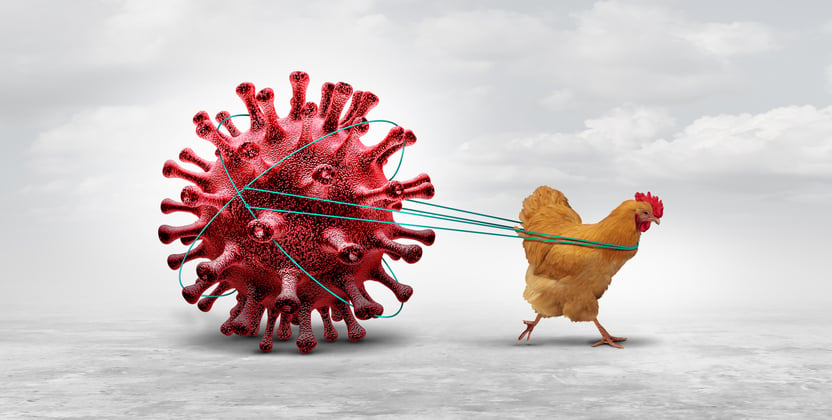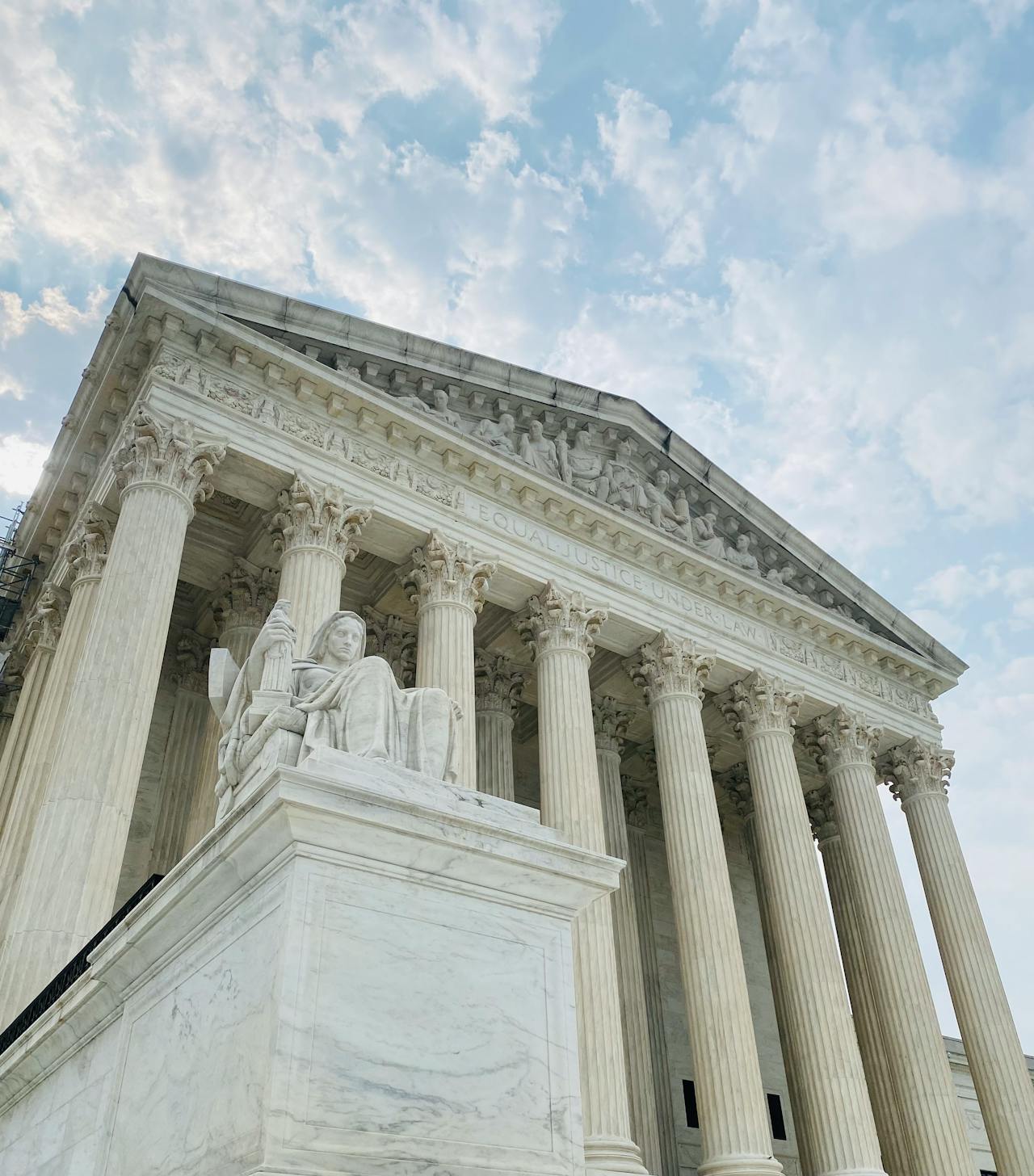A Louisiana patient who had been hospitalized with the first human case of highly pathogenic avian influenza, or H5N1, in Louisiana and the U.S. has died, the state’s health department reported Monday.
This marks the first human death related to bird flu in the U.S.
According to health officials, the patient was over the age of 65 and had underlying medical conditions. The patient contracted H5N1 after exposure to a combination of a non-commercial backyard flock and wild birds, health officials said. The patient was hospitalized with a case of H5N1 in December, local media reported.
“LDH’s extensive public health investigation has identified no additional H5N1 cases nor evidence of person-to-person transmission. This patient remains the only human case of H5N1 in Louisiana,” the Department of Health said in a statement.
LDH said the announcement about the patient’s death will be the final update about the patient, due to “confidentiality and respect for the family.”
There were 66 confirmed human cases of bird flu in 10 states in the U.S. in 2024, with most patients reporting mild illnesses, according to the U.S. Centers for Disease Control and Prevention.
Louisiana health officials said the current public health risk for the general public remains low, however, people who work with birds, poultry or cows, or have recreational exposure to them, are at higher risk.
The best way for individuals to protect themselves from H5N1 is to avoid sources of exposure, health officials said, which means avoiding direct contact with wild birds and other animals infected with or suspected to be infected with bird flu viruses.
To protect against H5N1 infection, health officials recommend heating uncooked or undercooked food. Cook poultry, eggs and other animal products to the proper temperature and prevent cross-contamination between raw and cooked food. Individuals are cautioned to avoid uncooked food products such as unpasteurized raw milk or cheeses from animals that have a suspected or confirmed infection.
Individuals who work on poultry or dairy farms, should talk to their providers about getting a seasonal flu vaccination. “It will not prevent infection with avian influenza viruses, but it can reduce the risk of coinfection with avian and flu viruses,” Louisiana Department of Health officials said.
Katelyn Jetelina, Ph.D., an epidemiologist and data scientist, wrote Jan. 3 in her popular newsletter “Your Local Epidemiologist,” that the Louisiana patient had the same H5N1 strain as a teenager in Canada who was hospitalized in critical condition in November.
RELATED: Labcorp launches bird flu test amid first severe case in the US
“The H5N1 strain involved in both severe cases—called D1.1—is found among birds and differs from the strain circulating among cows (B3.13),” Jetelina wrote in her newsletter.
The biggest concern is the potential for a mutation, especially since seasonal flu is now circulating, Jetelina wrote in a Dec. 19 newsletter. “H5N1 could swap genes with seasonal flu and become more susceptible to humans,” she wrote.
In December, the state of California over the spread of bird flu r the spread of bird flu, causing large outbreaks in dairy cows in that state. Bird flu has been confirmed in at least 866 herds in 16 states, the AP reported.
On Friday, the U.S. Department of Health and Human Services (HHS) announced it would award $306 million dollars to continue its H5N1 Avian Flu response. HHS Secretary Xavier Becerra said the investment would help ongoing disease surveillance, laboratory testing and monitoring efforts alongside HHS’ partners at USDA.
Of the $306 million, ASPR will award approximately $183 million in additional funding for regional, state and local preparedness programs and the CDC will direct $111 million in funding for monitoring H5N1 at the local, state and national levels.
Last month, Labcorp launched a molecular diagnostic test for the H5N1 virus, Fierce Medtech reported. According to the clinical testing giant, its H5 test can be used to help check potential human exposure, as the virus has begun to spread through outbreaks at poultry farms and dairy herds across the country as well as among wild bird populations.
Drugmakers CSL Seqirus, Sanofi and GSK have collectively secured $72 million in funding from the U.S. health department in October to boost the country’s supply of bird flu vaccines, Fierce Pharma reported.
Last year, HHS also awarded Moderna $176 million to fund the clinical development of a potential vaccine for avian flu.
Publisher: Source link










